

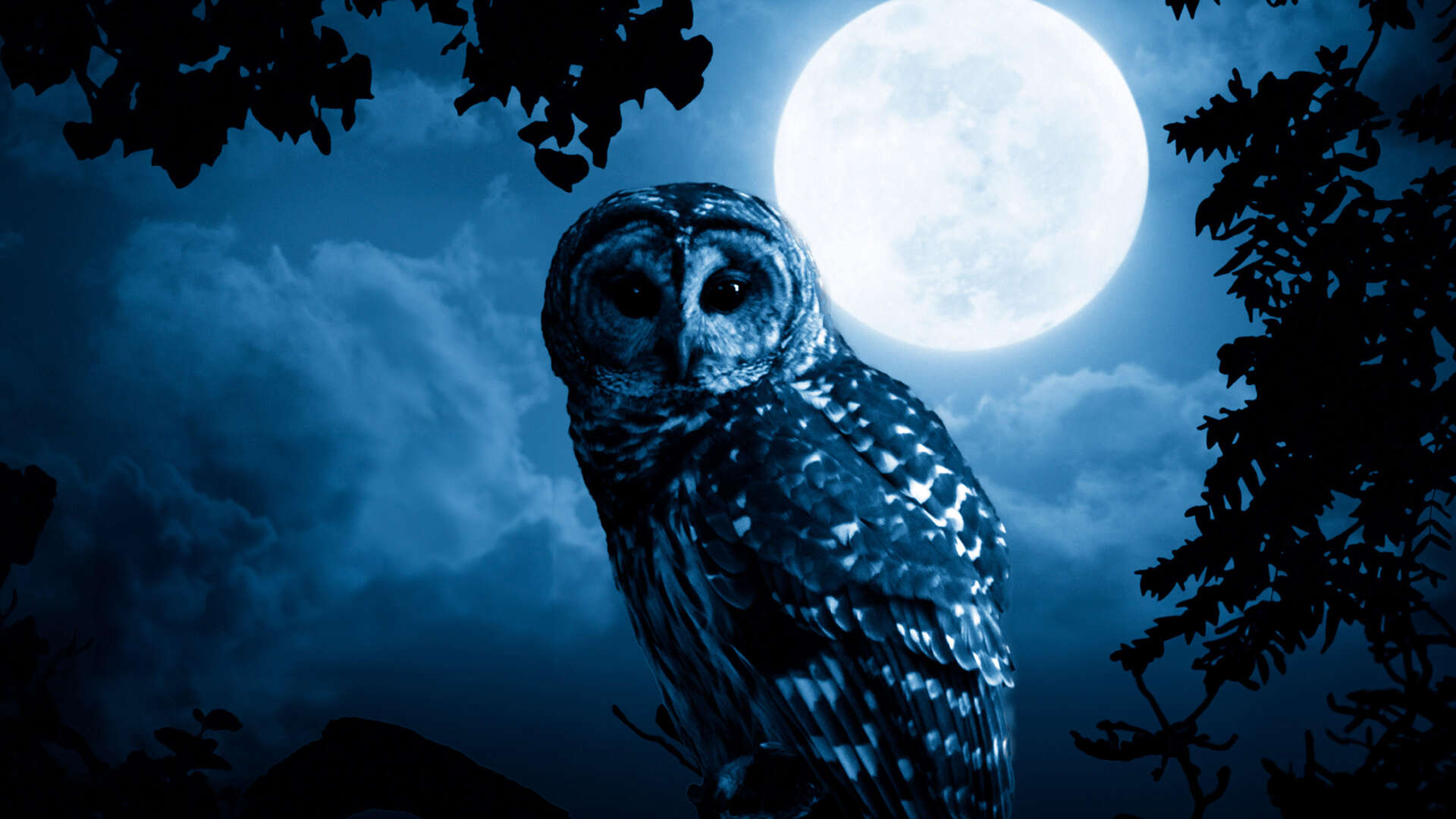
On April 19th, the Forum will be filled with philosophical issues and everyday questions, philosophers and visionaries during the Groningen Night of Philosophy.
Chaos reigns, while man naturally has the need to order reality. Do we actually benefit from order and regularity? Or do humans also thrive in chaos? On April 19, 2024, the Groningen Night of Philosophy revolves around the theme of chaos. The festival will be a pandemonium filled with philosophical issues and everyday questions, philosophers and visionaries.
Talks
What is structural injustice, and who ultimately bears responsibility for it? Drawing on case studies from sweatshops to climate change, Maeve McKeown goes beyond the widely accepted narrative of unintended consequences and blameless participation to explain how structural injustice operates and what we as individuals can do about it.
Why do people think they are better than their toaster? The American philosopher and standard-bearer of the ''object-oriented ontology'' Graham Harman visits Groningen to shed new light on the relationship between people and objects. Are humans more important than the non-human objects we perceive? How does this change the way we understand the world?
What do horses turning into people have to do with our desire for freedom? British philosopher Anne Conway searched in her philosophy for a way to reconcile her belief in a creator God with the freedom to make choices. Or, to make the question a bit more general: "How can the world be well ordered but at the same time have room for freedom?" In Philosopher About a Philosopher, Hugo Hogenbirk introduces us to Conway’s views on the freedom of humans, animals and inanimate objects.
Performance
Play, everyone can do it, but few do it. Do we still see the possibilities for play? What if we let go of the brakes and plunged into a selfless game? Shut Up and Play with Me by Het Zuidelijk Toneel is an ode to people who play, for everyone who has ever played, now or a long time ago. Between the programs, performance platform DIHAN will dissect and reinterpret the chaos. Artists use the media of body and sound to reflect on social and worldly chaos from a personal perspective.
And more…
Daphne Brandenburg, Martijn Boven and Tatiana Llaguno discuss the work of influential thinkers Amia Srinivasan, Gilles Deleuze and Karl Marx in Philosopher About a Philosopher. Oscar Prinsen will be present for a Leveled Conversation. You can take part in a guided Dyonisian Meditation led by Andrea Sangiacomo to escape the chaos and thinkers will discuss topics such as anarchism, data and 'thinking' as a skill.
De Groningse Nacht van de Filosofie is a collaboration of Studium Generale Groningen, de Faculteit Wijsbegeerte van de RUG en Forum Groningen
There are no new dates planned (yet) for Groningen Night of Philosophy.
As climate change and development pressures overwhelm the environment, our emotional relationships with Earth are also in crisis. The Australian philosopher Glenn A. Albrecht examines our positive and negative Earth emotions. He explains his famous concept of ‘solastalgia’, the homesickness you have when you are still at home, and other well-known eco-emotions such as ‘biophilia’ and ‘topophilia’. Albrecht introduces us to the many new words needed to describe the full range of our emotional responses to the emergent state of the world.
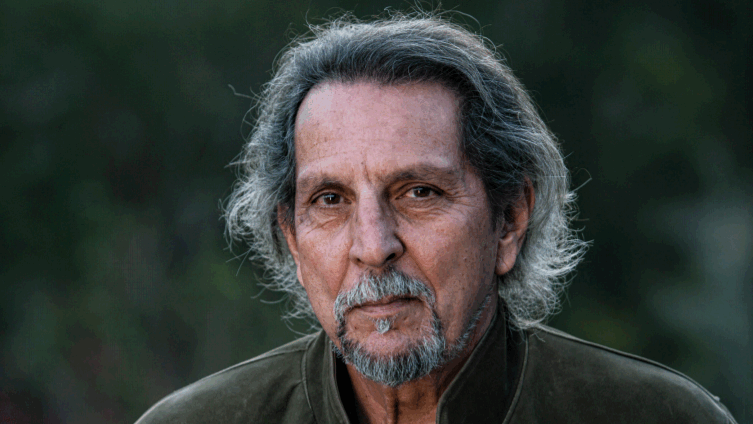
We humans tend to believe that things are only real in as much as we perceive them, an idea reinforced by modern philosophy, which privileges us as special, radically different in kind from all other objects. But as Graham Harman, one of the theory's leading exponents, shows, Object-Oriented Ontology rejects the idea of human specialness: the world, he states, is clearly not the world as manifest to humans. At the heart of this philosophy is the idea that objects - whether real, fictional, natural, artificial, human or non-human - are mutually autonomous. Graham Harman lays out the history, ideas and impact of Object-Oriented Ontology, taking in everything from art and literature, politics and natural science along the way.
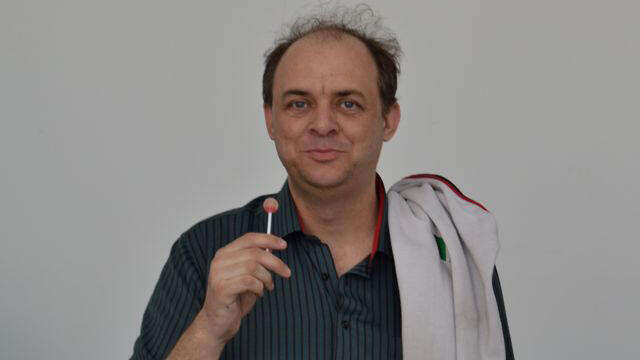
Playing, everyone can do it, but few people actually do it. Do we still recognize the potential for play? Is it proof of maturity to suppress our need to play or because there is not a penny to be made from it? What if we take off the brakes and plunge into selfless play?
Two players gather on the playing floor: Joep van der Geest and Louis van der Waal. Full of dedication, they throw themselves into the game. They challenge each other and are competitive as hell. There will be laughing, dying and crying. The logic of the game can only be followed intuitively and is a riddle that you as an audience want to solve. Shut Up and Play with Me is an ode to the pleasure of gameplay without a higher goal.
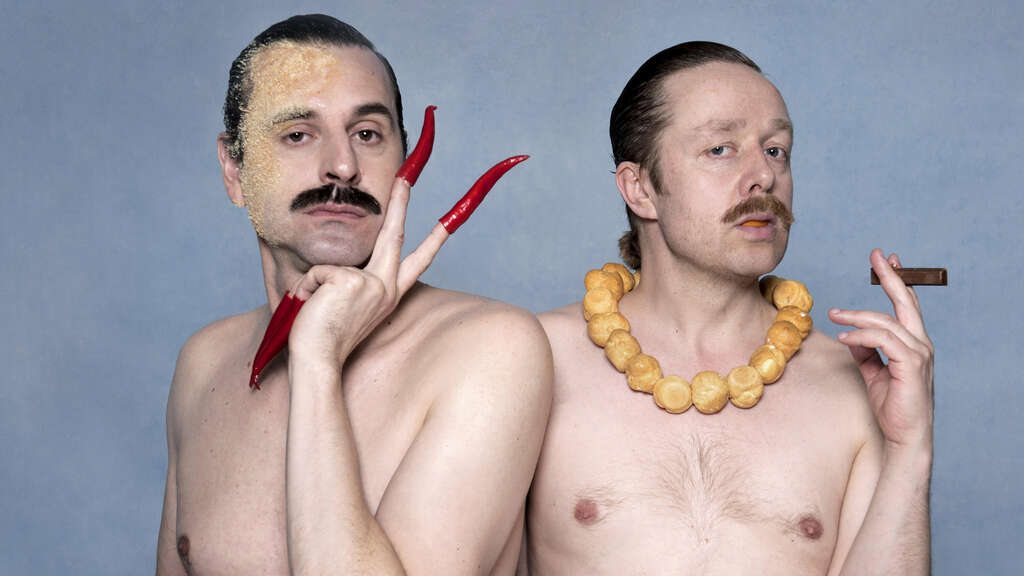
Some credit Graham Harman with overcoming the almost religious divide between the ‘continental’ and ‘analytic’ philosophical tradition. And by what superhuman feat is he supposed to have done that? By taking objects seriously. Drawing heavily on Heidegger, but writing with the quick wit of a sports journalist, Harman has played a significant role in the ‘philosophical emancipation’ of objects. Does chaos loom wherever human perspectives are decentred?
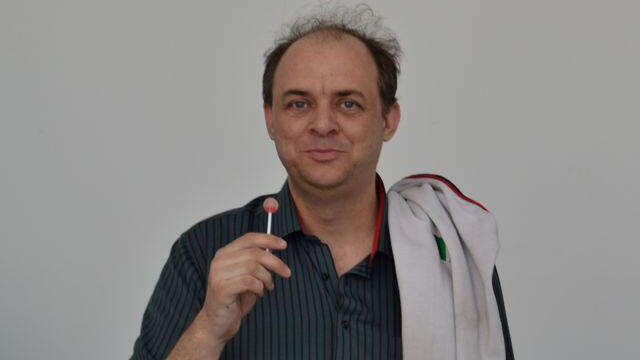
When the word anarchism comes to mind, people quickly think of resistance, protest, chaos and riots. But where does this association actually come from? And is this correct? Led by Marc Pauly, Mathijs van de Sande and Maddalena Fazzo Cusan will discuss the role of chaos within anarchism. Are chaos and anarchism inextricably linked or is this connection based on a misunderstanding of the core of anarchism?
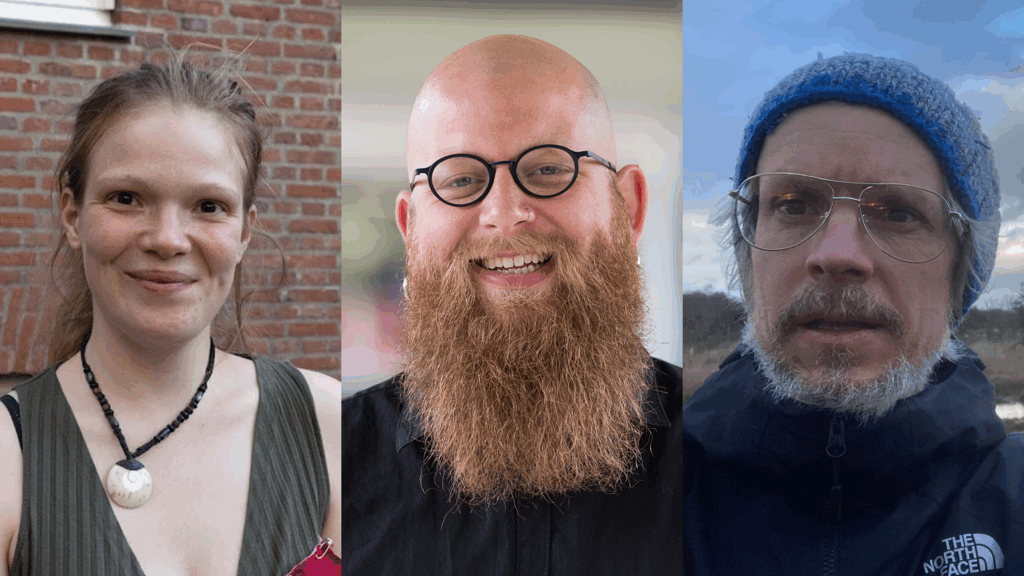
What is structural injustice, and who ultimately bears responsibility for it? Drawing on case studies from sweatshops to climate change, Maeve McKeown goes beyond the widely accepted narrative of unintended consequences and blameless participation to explain how structural injustice operates and what we as individuals can do about it. What is the political responsibility of ordinary individuals? How can ordinary individuals with very little power pressure morally responsible, powerful agents to address structural injustice? This is a fundamental reassessment of the relationship between power, ordinary people and responsibility for structural injustice.
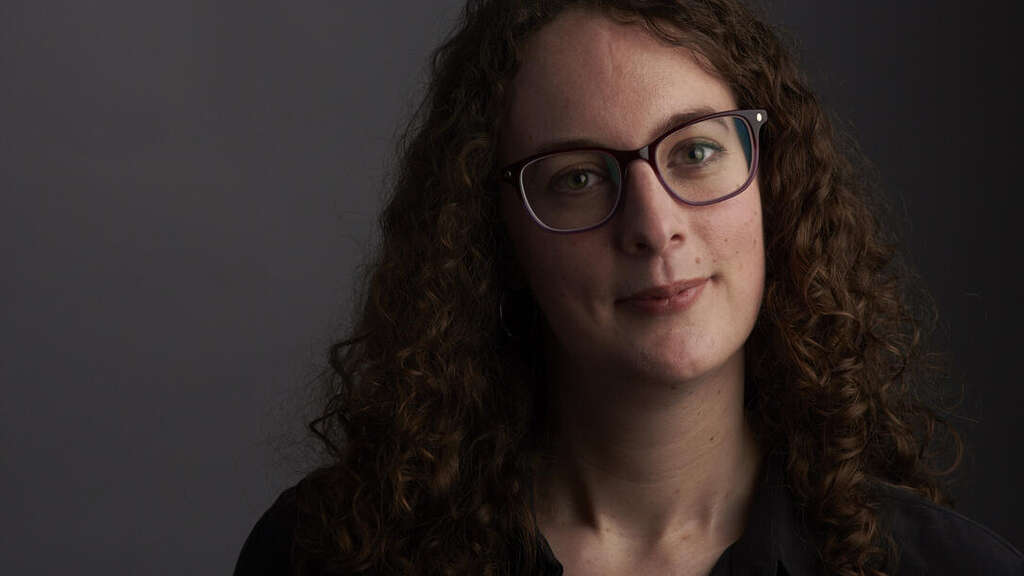
What does it mean to embody chaos? Drawing on Nietzsche's famous discussion of Apollo and Dionysus, in this short laboratory we will experiment with ways in which, through conscious movement and a meditative attitude, we can unleash the chaotic as well as the soothing and creative potential of Dionysus and integrate it into the rest of our lives.
Andrea Sangiacomo is Associate Professor at the Faculty of Philosophy in Groningen. His research encompasses both Western and Eastern thought and practices, with a particular interest in embodiment.
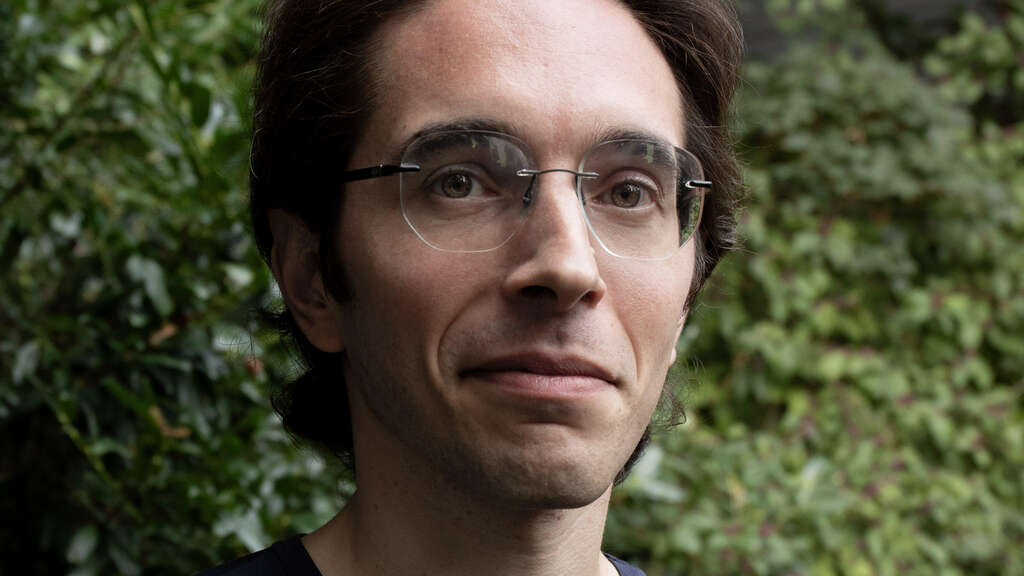
Performance platform DIHAN will dissect and reinterpret the theme of chaos; selected artists will use the media of body and sound to reflect on societal and worldly chaos from a personal perspective. Through non-verbal expression, they will offer ways to connect with the topic beyond the prosaic modes of hegemonic philosophical production; aiming to disrupt the mechanics of thinking processes. The dichotomy of order versus chaos is challenged and reinterpreted through the different artistic positions; as chaos precipitates growth and change, the stagnating order often perpetuates unjust power imbalances.
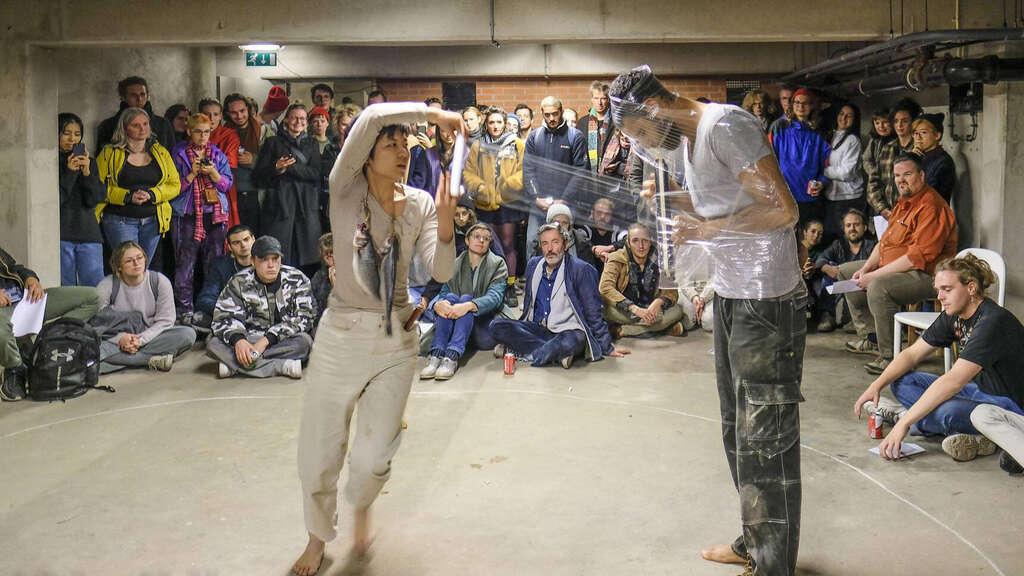
Hugo Hogenbirk about Anne Conway
What do horses turning into people have to do with our desire for freedom? British philosopher Anne Conway (1631 - 1679) searched in her philosophy for a way to reconcile her belief in a creator God with the freedom to make choices. Or, to make the question a bit more general: “How can the world be well ordered but at the same time have room for freedom?”
Tatiana Llaguno about Karl Marx
Why is Marx still important today? How are pressing issues such as rising social disparities, gender inequalities, or environmental degradation related to each other? Tracing a common thread between social and ecological crises, Tatiana Llaguno stresses Marx’s enduring relevance in uncovering the inherent limitations of capitalist societies in tackling these challenges. The good news? To the extent that capitalism is our own creation, it is our own choice to transition toward a more democratic, freer, and sustainable form of life.
Daphne Brandenbrug about Amia Srinivasan
Anger is a hot topic. It has been said, we’re all too angry all the time. Yet others proclaim we should get angry in the face of injustice. Many activists believe anger is a productive emotion. Yet there is ample evidence that anger is often harmful, and antagonizing. How to make sense of this chaos? What, if anything, is the value of anger? Daphne Brandenburg discusses how the work of feminist philosopher Amia Srinivasan helps us navigate these stormy waters.